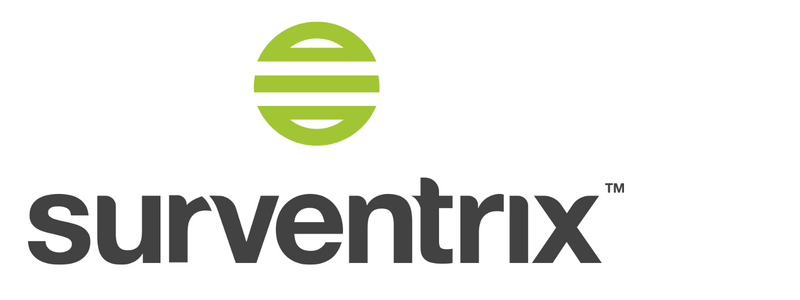RICS members: Update on social media use
The use of social media has become an integral part of the personal and professional lives of many, and serves as an important professional resource to share information, develop business opportunities and network with others. Most members use social media professionally, respectfully and responsibly.
Often members and firms can avoid issues by thinking about how they would react if the comment was about them or a family member, or how a potential future client or future employer would perceive a post if they came across it.
This guidance is intended to help RICS members and regulated firms understand how the Rules of Conduct apply to the use of social media, and what RICS will take into account when concerns about social media use are reported to us.
Social media use includes posting, sharing or commenting on material online, on social media sites like Facebook, WeChat, LinkedIn, TikTok, Instagram, Weibo or X, or on content sharing sites like YouTube.
The principles set out in this guidance also apply to public statements made in other places like individual websites, community forums, etc. They will also be relevant to other forms of communication including, for example, posts in group chats on apps like WhatsApp or Telegram.
Social media use in a member’s professional capacity is most likely to be relevant to RICS but social media use in a personal capacity can impact public confidence in the profession and could therefore be considered by RICS as a regulator.
Relevant sections of the Rules of Conduct
Several sections of the RICS Rules of Conduct are relevant to how members and firms should use social media use.
Rule 1 Members and firms must be honest, act with integrity and comply with their professional obligations, including obligations to RICS.
Rule 4 Members and firms must treat others with respect and encourage diversity and inclusion.
Rule 5 Members and firms must act in the public interest, take responsibility for their actions and act to prevent harm and maintain public confidence in the profession.
In particular example behaviour 5.3: Members and firms ensure that public statements made by the firm, or in which members are (or could be) identified as members of the profession, do not undermine public confidence in the profession.
